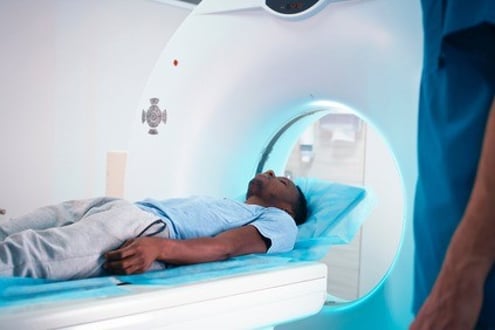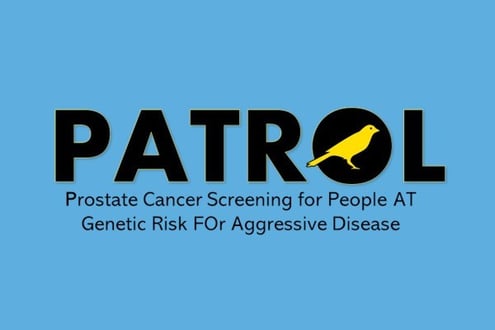HOXB13: Options for Managing Cancer Risk
Risk Management for People with Inherited Mutations
The National Comprehensive Cancer Network (NCCN) provides risk management guidelines for people with mutations. We recommend that you speak with a genetics expert who can look at your personal and family history of cancer and can help you decide on a plan to manage your risk. You can learn more about risk management options in our section on Screening and Risk Reduction by Cancer Type.
cancer screening
Experts recommend:
- By age 40, you should have a conversation with your doctor about the potential benefits, risks, costs and limitations of screening for cancer.
- If you choose to have screening, the guidelines recommend an annual digital rectal exam and Specific Antigen () test.
Consider participating in a research study looking at new ways to detect cancer earlier in people at high risk.
Other cancer screening and prevention
There has not been enough research to show a benefit from screening and prevention for other cancers in people who have a mutation. For this reason, experts recommend managing these risks based on family history of cancer.
Participate in Research
The cancer screening and prevention studies below are enrolling people with mutations. To search for more studies, visit our Search and Enroll Tool.
Using a Shorter Type of MRI as a Screening Tool for People at High Risk for Prostate Cancer
Clinicaltrials.gov identifier: NCT05384535
This study is looking at whether using a shorter type of MRI known as bpMRI (biparametric MRI) in combination with PSA tests in men who are at high risk of developing prostate cancer will improve...
PATROL Study: Prostate Cancer Screening for People AT Genetic Risk FOr Aggressive Disease
Clinicaltrials.gov identifier: NCT04472338
The PATROL (Prostate Cancer Screening for People AT Genetic Risk FOr Aggressive Disease) study is for people at risk for prostate cancer because they carry one or more genes that are known or suspected to...
Screening Study for Men at High Genetic Risk for Prostate Cancer
Clinicaltrials.gov identifier: NCT03805919
The National Institutes of Health has a clinical trial for men at high genetic risk for prostate cancer. This is trial is for men without prostate cancer, ages 30 to 75, who have tested positive...
Screening in Men at High Risk of Developing Prostate Cancer
Clinicaltrials.gov identifier: NCT05608694
This study will determine if prostate magnetic resonance imaging (MRI) will find prostate cancer in men at high risk of developing prostate cancer.
Upright MRI for Prostate Cancer Screening
Clinicaltrials.gov identifier: NCT03474913
This study will compare the effectiveness of an upright magnetic resonance imaging (MRI) compared to prostate specific antigen (PSA) and current MRI imaging for prostate cancer screening.




